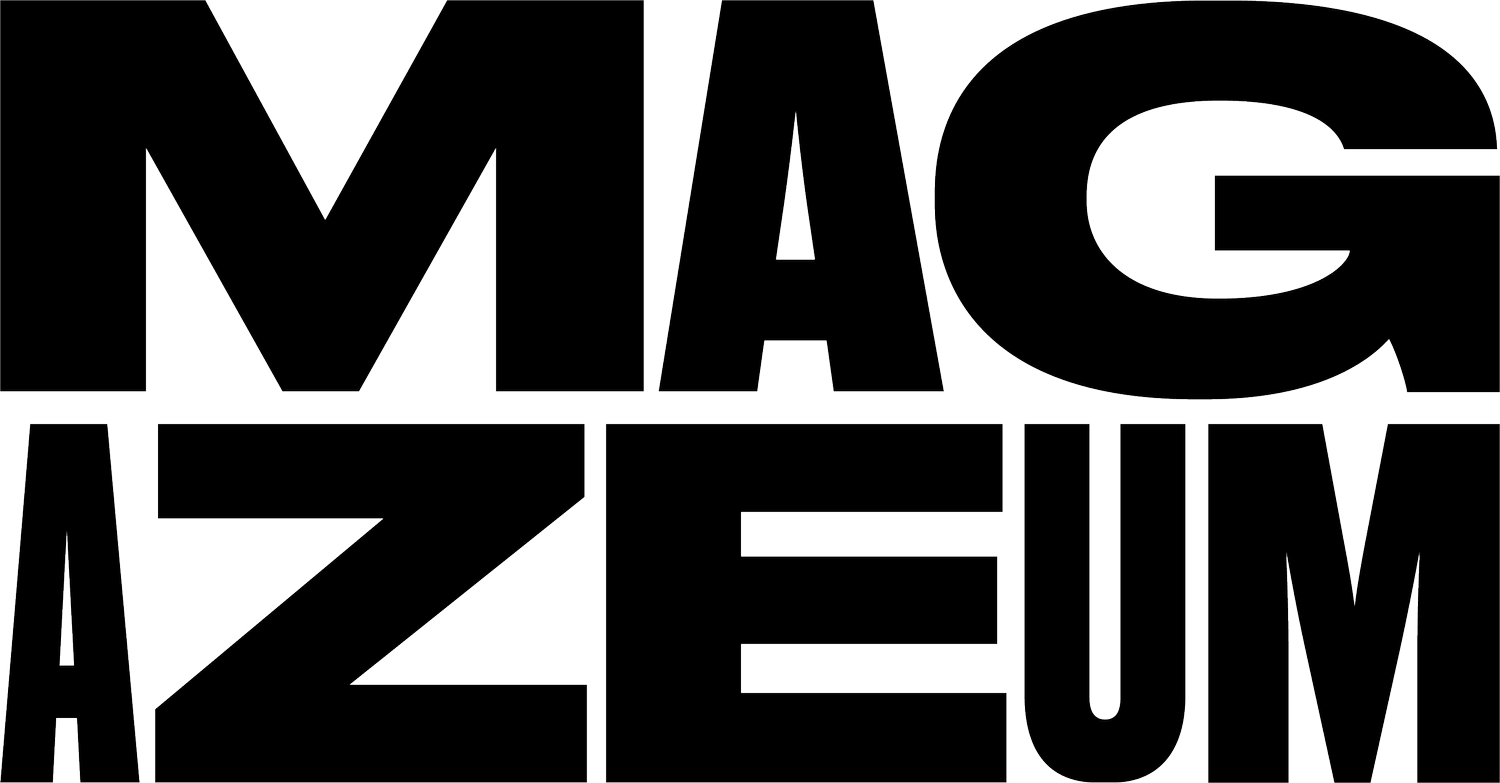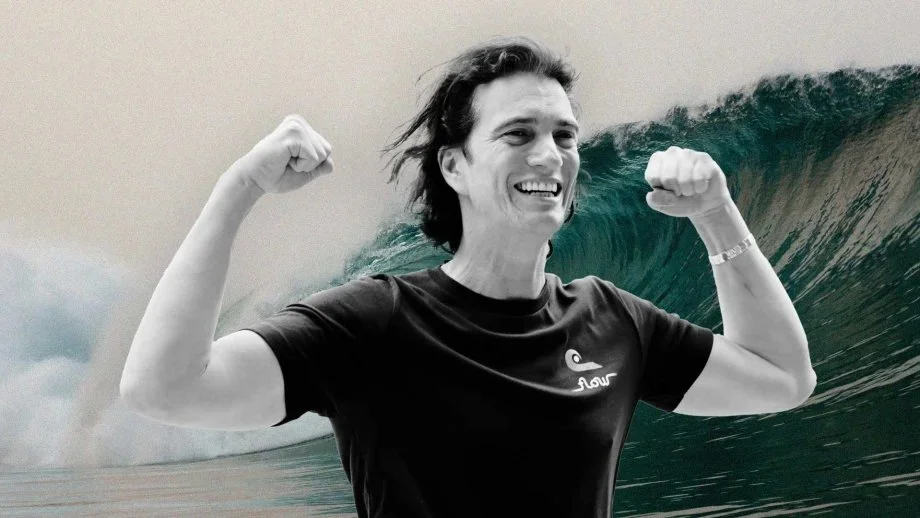Hello, Neumann
Why did WeWork founder Adam Neumann buy a surfing magazine? To build an all-encompassing lifestyle corporation. Probably. By Sam Blum/Inc. Magazine
Editor’s note: This article was first published on Inc.com
Even when WeWork was the biggest private tenant in New York City, with SoftBank throwing untold amounts of cash at Adam Neumann’s characteristically bare feet, the 6-foot-5 Israeli entrepreneur’s ambition was to keep his empire perpetually growing.
WeWork was an expansionary juggernaut that exemplified the most cautionary of tales from the era of hypergrowth. The proof is obvious enough to slap you in the face: WeWork is now a bankrupt husk of its former self that Neumann has tried (and so far failed) to rescue. Despite WeWork's demise, Neumann is almost pathologically determined to pick up where he left off.
His most recent acquisition isn’t a typical object of desire for the techno-capitalist set, and so is unexpected for a man who religiously talked for years about founding the first “physical social network:” Last week, Business Insider reported that Neumann bought Whalebone, an artsy surf magazine inspired by a family-owned surf shop and clothing brand of the same name based in Montauk, New York. Industry moguls probably aren't betting big on niche trade magazines to make them richer, but there is a strategy at play. Whalebone will be absorbed by Flow, Neumann's new residential real estate company, and presumably become the content side of Flow's business, the BI report indicates. The magazine has already been rebranded to The Flow Trip, according to a company blog post.
Adding a popular surfing publication to Flow’s assets suggests Neumann is still intent on conquering the original stated mission in 2019, when WeWork briefly became the WeCompany: building an all-encompassing lifestyle corporation that finds acolytes wherever it can.
“Industry moguls probably aren’t betting big on niche trade magazines to make them richer, but there is a strategy at play.”
WeWork founder Adam Neumann
WeWork couldn’t expand its dominion beyond co-working. As his startup burned through billions, Neumann established WeLive in 2016, a network of shared living spaces for professionals who ostensibly spent their working hours hammering out spreadsheets at the nearest WeWork. And his wife, Rebekah, launched WeGrow in 2017, a for-profit private school that cost $42,000 a year, which was consumed by the wreckage of WeWork. The WeCompany eventually reverted to WeWork in 2020, and then had a fleeting appearance on the public market during the special purpose acquisition mania of the same year. It eventually delisted in 2023. (Rebekah Neumann bought WeGrow back in 2020 in an undisclosed transaction.)
Fresh off a $350 million investment from Andreessen Horowitz, Flow is imbuing the concept of co-living with new-age spirituality and hustle culture. It's already bought two buildings in South Florida, and insists, much like WeWork, that it is a tech company. Flow's website invites prospective residents to join “communities designed to connect you with yourself, your neighbors, and nature," and promises "spaces that cultivate flow,” “practices for the mind, body, and soul,” and “workflow” amenities that are ostensibly used for business.
Whalebone was founded in 2010 as a T-shirt company for surfers. In 2015, with the help of the Florida-based advertising agency Adjective & Co., it launched Whalebone magazine, which has drawn notoriety for its sleek design and original photography.
—
Continue reading at inc.com
ORIGINALLY POSTED ON MAY 21, 2024 ©MANSUETO VENTURES











